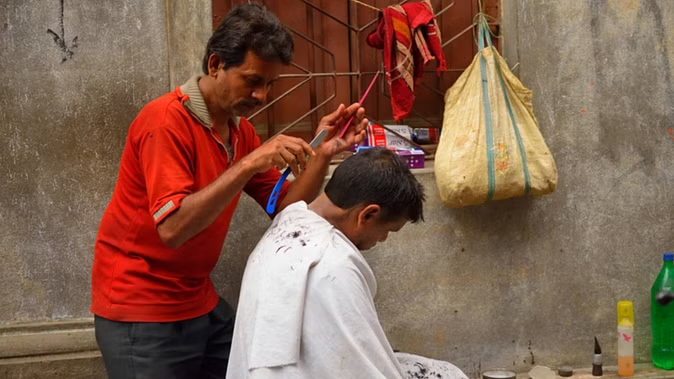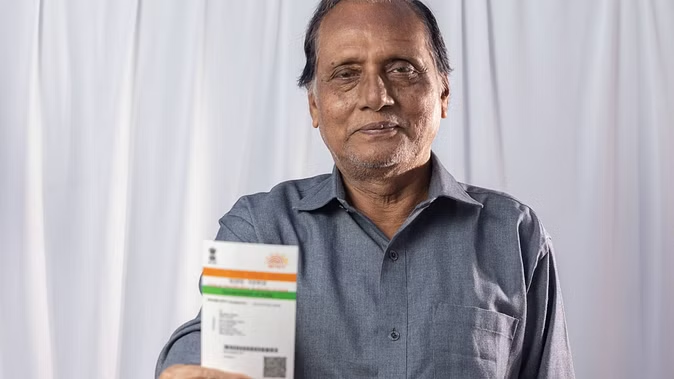
Women's Laws In India: In today's era, women are not less than men in any matter. Be it home or the workplace, today women are standing shoulder to shoulder with men. There is no such area where women are not contributing. Whether at home or outside, women are performing their responsibilities very well, but there are many reasons, why they have to face more problems than men. If we talk about India itself, here every minute a woman becomes a victim of crime. Then whether it is at home, office, or public place, there is always a question about their safety.
They have to go through all the troubles like domestic violence, gender discrimination, women's harassment, etc. In such a situation, women must be aware of the legal rights of their interest, so that they do not have to tolerate any kind of harassment and can raise their voices against it.
With the help of this article, we will tell you about some of the rights of women included in Indian law. To better understand the laws made for women, Jagran spoke to Supreme Court lawyer Shashank Shekhar Jha.

National Commission for Women Act
The Government of India established the National Commission for Women (NCW) on 31 January 1992 by an Act of Parliament, under the National Commission for Women Act of 1990. The primary mandate of the commission is to protect and safeguard the rights of women. Any woman can register a complaint here under her problem. Also, even if any rights of women are being violated, help can be taken from the National Commission for Women. The National Women's Act Commission aims to improve the status of women and work for their economic empowerment.
Women safety law
Hardly anyone can forget the Nirbhaya incident that took place in December 2016. This painful accident with a young girl from Delhi raised many questions about women's safety. It took years to punish its culprits. After this incident, the laws related to sexual exploitation in the country were made even more stringent, so that the culprits could be given the harshest punishment. Apart from this, if the age of the criminal was less than 18 years, then it was considered as a minor case and it was sent under Juvenile Justice. That is, he was saved from severe punishment. However, after the Nirbhaya case, changes were made to this law. Now the age of the criminal is between 16 to 18 years, then he can also be sentenced to strict punishment.
Poxo act law
POCSO means Protection of Children from Sexual Offenses Act. Shashank Shekhar Jha told that laws have been made for children under the POCSO Act. These laws have been made for the protection of children. This law was brought in 2012. Under this, sexual abuse of children is a crime. This law applies to both boys and girls below the age of 18 years.
Dowry Prohibition Act, 1961
According to this, giving dowry to the bride or groom or their family at the time of marriage is a punishable offense. The practice of giving or taking dowry has been going on in India for years. The groom's family usually demands a dowry from the bride and her family. The roots of this practice, which has been going on for years, have now reached very deep. Barring big cities, women are still not financially independent in most areas of the country. Also, divorce is considered like a stigma, due to which brides have to face physical and mental harassment.
Indian Divorce Act, 1969
Under the Indian Divorce Act, not only women but also men can end the marriage. Family Courts have been set up to register, hear and dispose of such cases.
Maternity Benefit Act, 1861
The Act is designed to regulate the employment of women and maternity benefits as mandated by law. Under this law, every working woman gets maternity leave for six months.
During this time women are entitled to full salary. This law applies to every government and non-government company. It states that a female employee who has worked for at least 80 days during the 12 months preceding the pregnancy in a company is entitled to maternity benefits. Which includes maternity leave, nursing breaks, medical allowance, etc. When this law was implemented in 1961, the leave time at that time was only three months, which was increased to 6 months in 2017.
Harassment of women in workplace
If a woman is physically or mentally harassed in her office or at any workplace, the woman can file a complaint against the accused who is harassing her.










